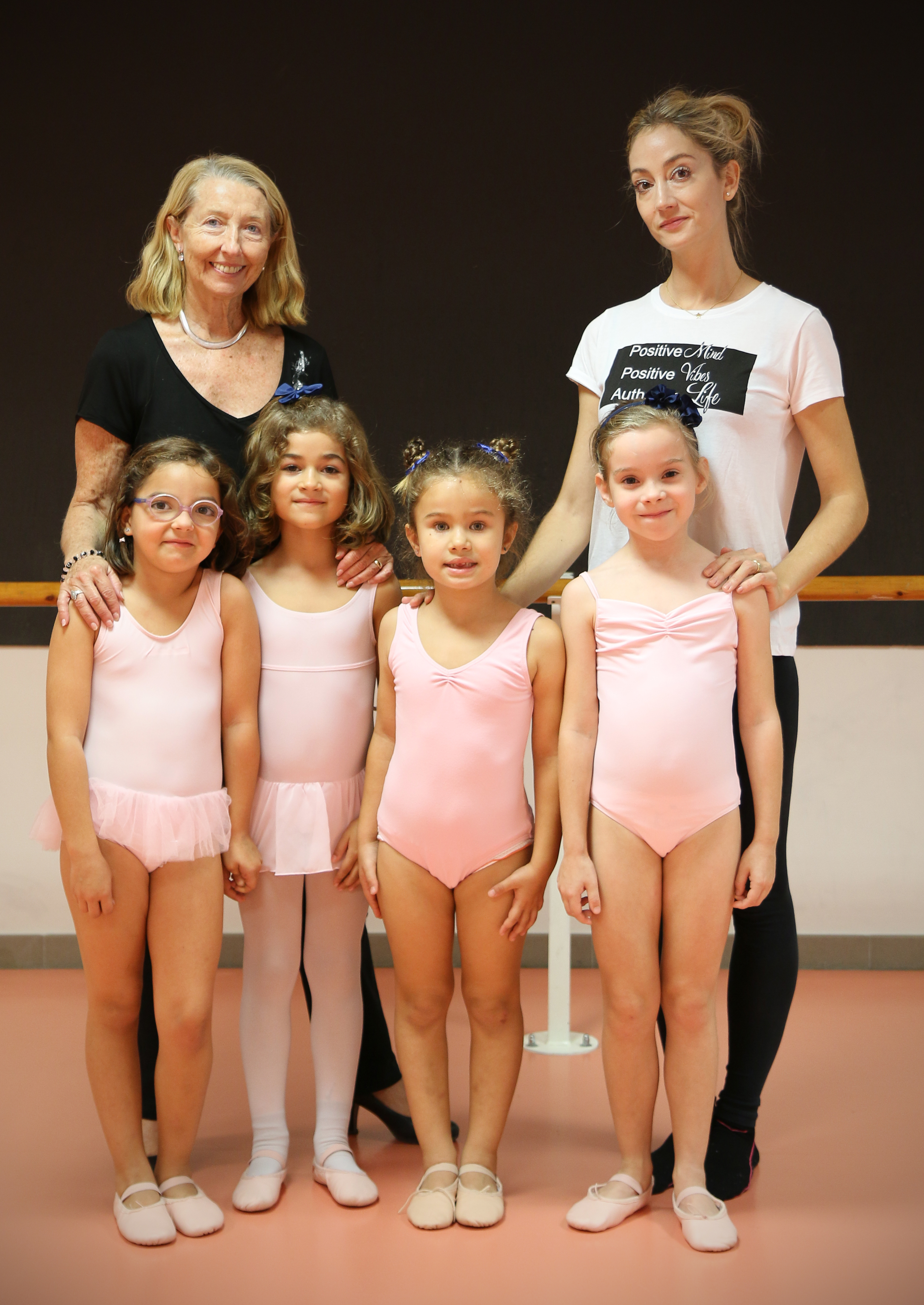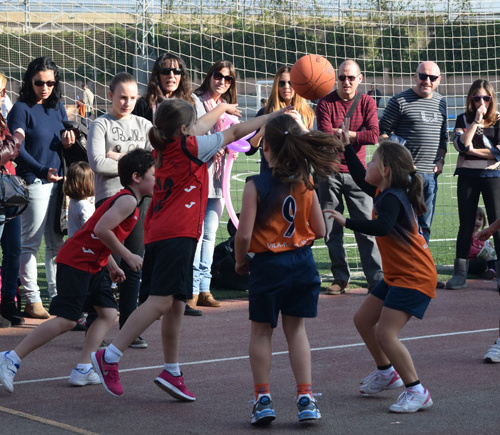Por Víctor Ramón, Coordinador del departamento de E.F. de Primaria en Caxton College
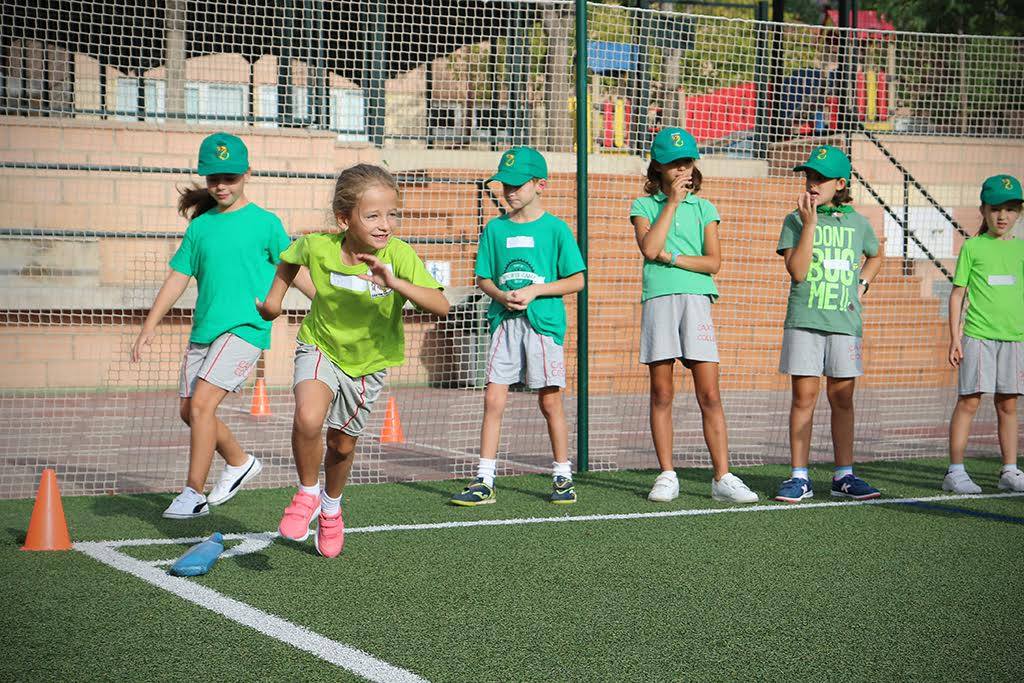
Todos los padres somos conscientes de la gran ilusión con que nuestros hijos viven los días previos al “Sports Day” ya que para ellos es uno de los acontecimientos más importantes del curso escolar.
Se afanan en explicarnos las reglas de los distintos juegos a los que tienen que jugar, quiénes son los demás niños y niñas de su equipo. En el caso de que hayan sido nombrado “Capitanes”, ésta gran ilusión se ve aumentada y se mezcla con otro tipo de sentimientos como pueden ser los derivados de la asunción de la responsabilidad, la incertidumbre de saber cómo responderá el equipo a sus indicaciones, el interés de no olvidar ese día los papeles que les hemos entregado para poder desempeñar su tarea, que contienen el “complicadísimo” horario donde se indica dónde deben ir en cada momento y el listado con los nombres de los componentes de su equipo.
Es por ello por lo que es lógico que, en muchas ocasiones, los padres deseen asistir al famoso “Sports Day” ya que sus hijos e hijas les han transmitido todas esas emociones en casa.
Dado que ésto no es posible debido a que es una actividad organizada exclusivamente para los alumnos dentro del horario escolar, al menos, me gustaría, a través de estas líneas, hacerles llegar de una forma más detallada cómo transcurre esta jornada tan especial para ellos y cuáles son sus objetivos.
Ese día, todos los alumnos de los cursos participantes acuden al colegio con la camiseta del color de la casa a la que pertenecen ya que es una competición por casas. Todos los niños participarán en nueve juegos diferentes en los que se desarrollan distintas habilidades: carrera lanzamientos de velocidad y de precisión, conducciones, pase, bote, utilización del espacio y por supuesto, en un marco de competencia sana…
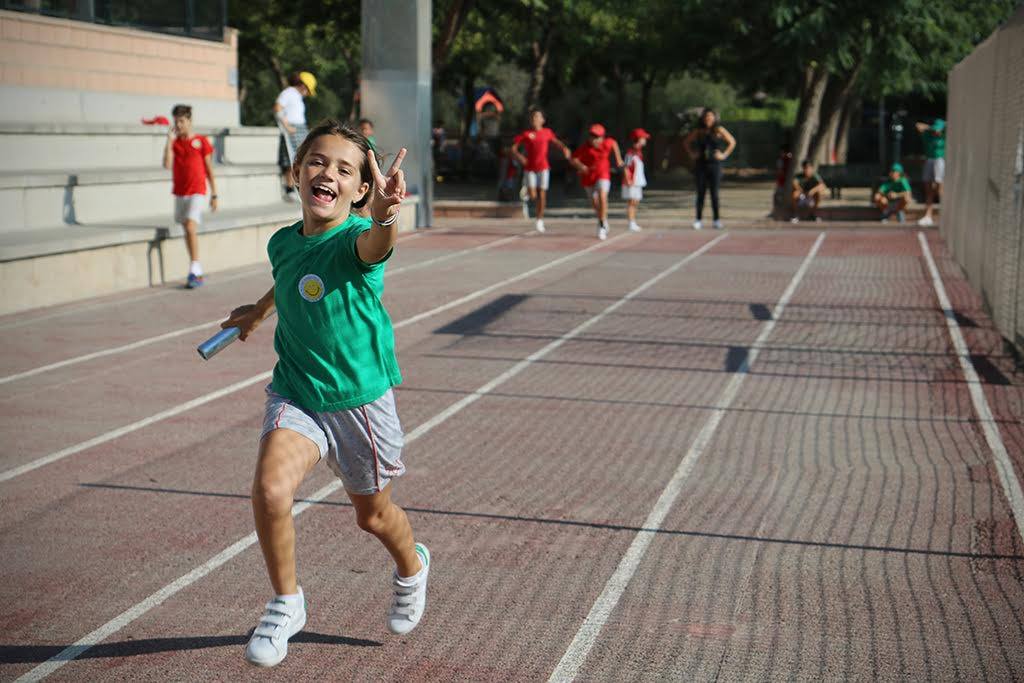
Uno de los aspectos más importantes de la actividad es que todos los equipos son mixtos y están formados por el mismo número de niños y de niñas pertenecientes a dos cursos diferentes. Esto significa que los equipos son muy heterogéneos, sus componentes tienen distinto nivel de habilidad y de experiencia, no sólo debido a que unos son un año mayores que los otros sino porque los del curso superior, también conocen los juegos mejor ya que, es el segundo año que participan en él, realizando los mismos juegos.
Las normas de las actividades en las que participan favorecen el que participen todos por igual y no sólo los más habilidosos. Todos los miembros del equipo van siempre juntos y se animan unos a otros.
De esta forma, los propios participantes descubren que la forma de obtener el mejor resultado como equipo no es recriminar a los jugadores más pequeños del propio equipo cuando éstos cometen errores sino ayudarles dándoles consejos y enseñándoles cual es la mejor forma de jugar para que tengan más confianza y puedan jugar mejor.
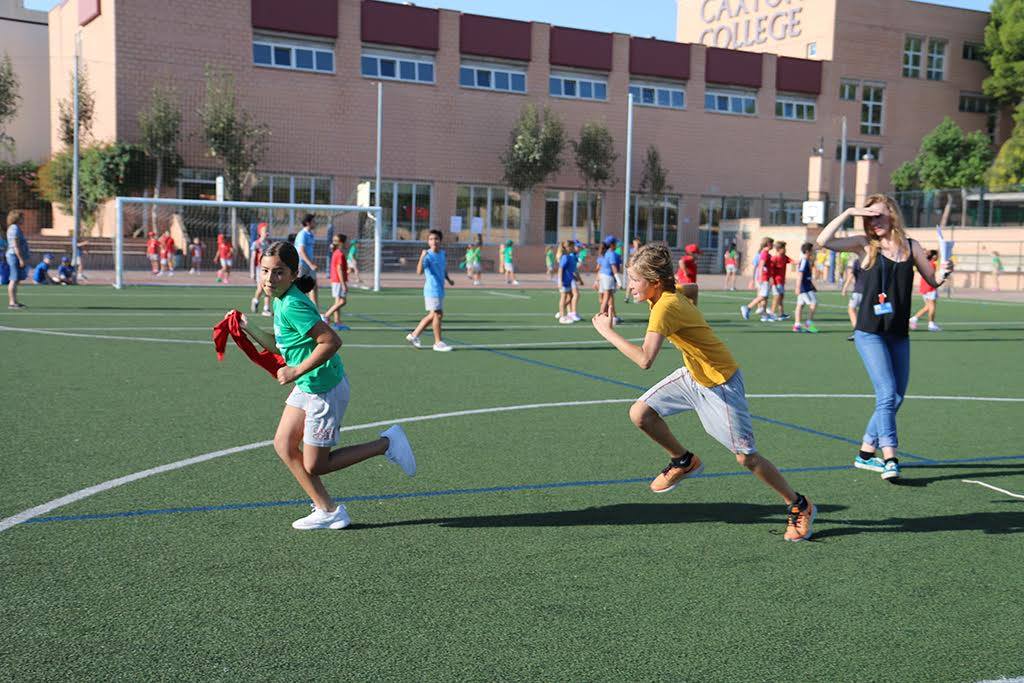
Otro aspecto muy positivo del “Sports Day” es que son los capitanes (un niño y una niña de cada equipo) los que, gracias a la documentación que se les ha entregado y explicado en los días previos, los que se encargan de informar al resto del equipo acerca de dónde deben dirigirse en cada momento para jugar a los distintos juegos. Al finalizar un juego, los capitanes consultan su horario para saber a qué instalación deben dirigirse, allí se encontrarán al árbitro, que es un profesor de aula, y al equipo rival.
En una reunión previa se les explica a los capitanes su función y entienden perfectamente su importancia. La designación de los capitanes también es un aspecto muy importante ya que no se hace de forma aleatoria sino que somos los profesores de PE los que los elegimos, siendo conscientes de que esta responsabilidad puede resultar especialmente beneficiosa a ciertos alumnos y alumnas por distintos motivos.
El éxito de la actividad depende de la labor de los capitanes. Es una tarea que, en principio parece difícil que niños y niñas de estas edades puedan llevar a cabo con éxito, pero siempre la desempeñan a la perfección y es que, en realidad, si están motivados, son capaces de llevar a cabo tareas sorprendentes.
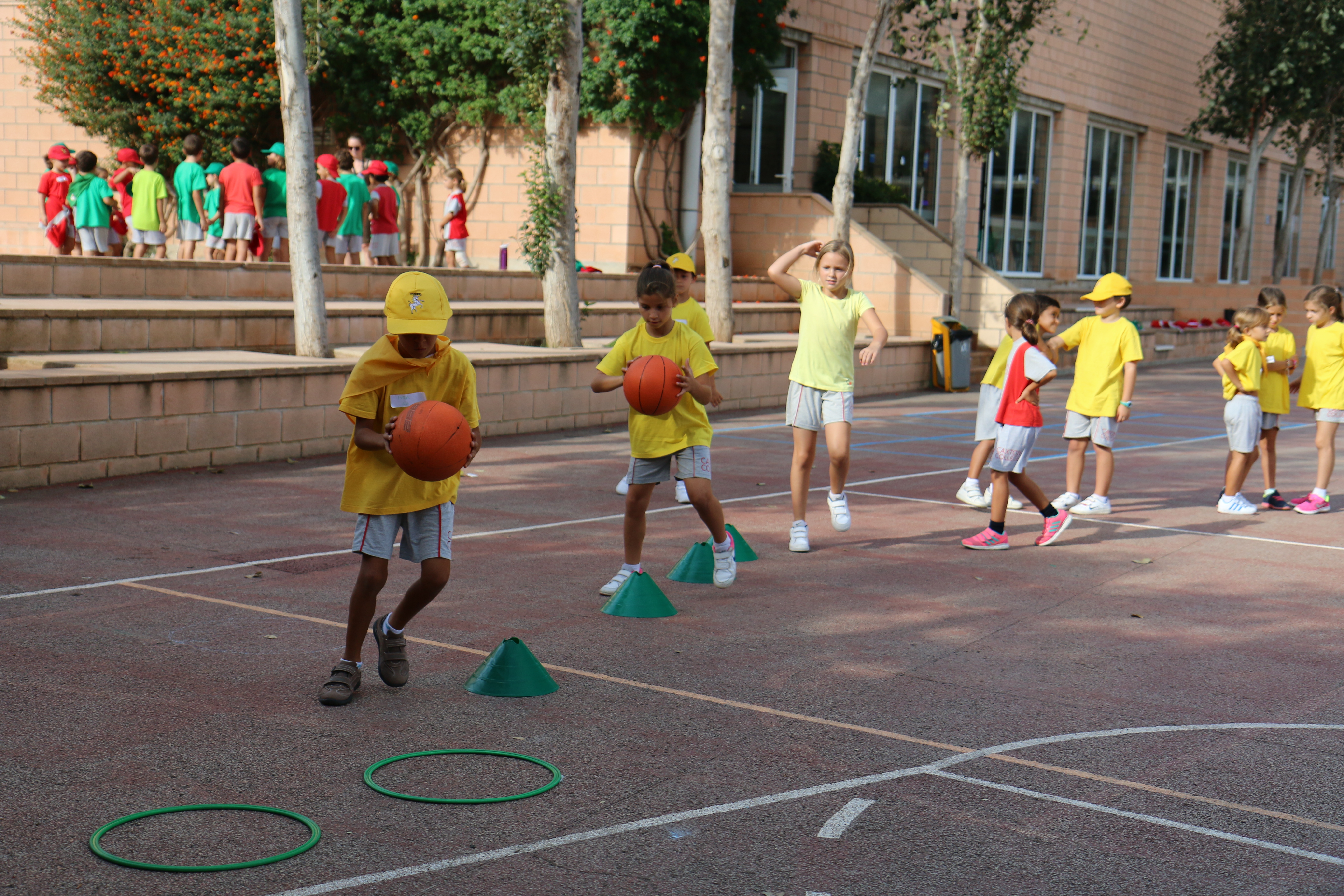
Año tras año nos encontramos muchas veces con la situación en la que un capitán no se cree capaz de poder llevarla a cabo por lo que, en principio, prefiere no asumir la responsabilidad. Sin embargo, haciéndole entender bien su función como capitán, con el apoyo de sus padres con los que también contactamos previamente, y sabiendo que el mismo día del “Sports Day” podrá contar con la ayuda del otro capitán y de los profesores, no solo consigue desempeñar perfectamente su labor sino que además se lo pasa genial, con lo que su autoestima aumenta enormemente además de su motivación hacia la actividad física. También es importante el hecho de que a los niños les motiva mucho el que su tutor o tutora les vea y les anime, realizando tareas distintas a las que realizan en el aula.
En definitiva, el “Sports Day”, constituye un acontecimiento con un altísimo valor no solo a nivel físico-deportivo sino también pedagógico, en el que se promueve la transmisión de valores y que contribuye claramente a la consecución de los objetivos generales que en primaria nos proponemos: ayudar a que nuestros alumnos se desarrollen sanos, responsables y felices.
Sports Day: Much more than just physical exercise
By Víctor Ramón, Head of Primary P.E. Department at Caxton College
All of us as parents know how excited our children can get in run up to their school “Sports Day”, which for them is one of the most important events of the year.
They try their best to explain the rules of the games they will be playing to us, who the other boys and girls are in their team, and so on.
If it should happen that they have been named “Captains”, their excitement is even greater, mixed with other feelings such as the weight of responsibility, the uncertainty of not knowing how the team will respond to their instructions, the importance of not forgetting the papers that we have given them to perform their task on the big day, which contain the “really complicated” schedule which tells them where they should be at any time, and the list with the names of the members of their team.
For these reasons and more it´s logical that parents often want to attend the famous “Sports Day”, having seen how their children are so excited about it.
As this would be impossible because this activity is organized exclusively for students within school hours, I would at least like to try to explain in more detail what exactly happens on this day that makes it so special for the children, and what the aims of the event are.
On the day, all the students from the year groups taking part come to school wearing a t-shirt in the colour of their House, as the competition is between Houses. All the children take part in nine different games, to develop different skills: racing, sprinting, quick launches, throwing accurately, passing, kicking, or use of space and of course, all within a framework of healthy competition.
One of the most important aspects of the activity is that all teams are mixed and made up of the same number of boys and girls from two different year groups. This means that the teams are very equal and their members have different levels of skill and experience, not just because some of them are a year older than the rest but also because those in the older year group already know the games better as it will be the second year that they participate in the event, playing the same games.
The rules for the activities in which they take part are designed to ensure that all of them play an equal part in the games, not just the most skilled. All the members of the team stay together all the time, and encourage each other.
In this way, the participants themselves discover that the way to obtain the best result as a team is not to recriminate the younger players of the team when they make mistakes, but to help them by giving advice and teaching them the best way to play, to give them more confidence and be able to play better.
Another very positive aspect of “Sports Day” is that it is the captains (a boy and a girl from each team) who, using the documents that they were given and had explained to them on the days beforehand, are in charge of informing the rest of the team about where they should be at each moment of the day in order to play the different games. At the end of a game, the captains have to consult their timetable in order to find out which part of the sports field they need to go to, and there they will find the referee (who is one of their teachers) and the opposing team.
At a meeting before the Day the role of the captains is explained to them so that they can understand how important it is.
The designation of the captains is also an important aspect as it is not done randomly but rather it is the PE teachers who choose them, aware that this responsibility can be especially beneficial to certain students for different reasons.
The success of an activity depends on the work of the captains. It is a task that at first seems difficult for children of these ages to carry out successfully, but one that they always perform perfectly and in fact, if they are properly motivated, they are capable of performing astonishing tasks.
Year after year, we often find ourselves in the situation where a captain does not think he is capable of carrying it out, so he prefers not to take on the responsibility. However, making him understand his role as captain, with the support of his parents whom we also contacted previously, and knowing that on the “Sports Day” we can count on the help of the other captain and the teachers, not only ensures that he carries out his role perfectly but also has a great time, which increases his self-esteem enormously in addition to his motivation for physical activity.
Another very important factor is that the children are really motivated if their teacher sees and encourages them, in a different role to their usual one in the classroom.
To sum up, “Sports Day” is an event of inestimable value for the children, not only because of the physical and sporting aspect, but also the pedagogical. It encourages the promotion of core values and clearly contributes to the general objectives that we in Primary strive to reach: to help our students to develop into healthy, responsible and happy people.


